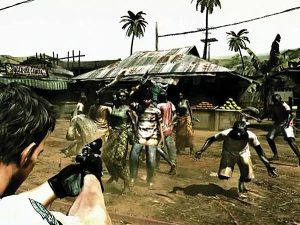This is a revisit of a very old series of posts I wrote back when I was focused on card games, rather than virtual worlds. For the most part, the theories are the same, though I've split and clarified them a bit. My original post from 2007 described what I here call Consumer Progression. The second group, which I'll call Engagement Progression, borrow from the original, but describe a different sort of behaviors. In both cases, people move through the progressions until they stall, reach the end, or abandon the game. Making it easy as possible for players to progress is one way to ensure a game's success.
Consumer Progression - Three broad categories that describe the spending habits of consumers. The categories form a linear progression with each consumer starting at Tourist when they first experience the game. A purchase elevates them to Customer. A habit of regular purchases may then elevate them further to Whale.
Tourist - a person who has experienced the game without paying for it. In the case of games with a
freemium model, these players often make up the largest portion of the games players. Other examples of Tourists could include free trial players, player who have borrowed or
played a friend's copy, and even players of pirated copies (depending on how you look at it, and the nature of the game.)
Customer - Anyone who has made any sort of purchase, no matter how small, becomes a customer. They are a radically different animal than the Tourist for a number of reasons. The most obvious is their value. The average customer's likelihood of making a second purchase is an
order of magnitude higher than the likelihood of the average Tourist making a first purchase. Because they make up the most profitable group of players, overall, it is essential that the needs of the Customers are kept as the highest priority.
Whale - A customer that makes either extremely large purchases, or extremely regular purchases, becomes a Whale (originally a casino term for extremely rich and profitable
high rollers.) A customer that keeps their subscription active, but makes no additional purchases is a
great customer, but not a Whale. If I had to pin a number on it, a Whale is a customer that purchases at least triple that of the average Customer.
Engagement Progression - Categories designed to measure how much a player cares about the game, and to some extent, how emotionally involved they are with it.
Noob - Players that have just started. They have already decided to stick around long enough to give the game a chance, so its up to the game to impress them, entertain them, and not confuse or frustrate them. Noobs typically have no emotional connection to the game, and in the case of social networking games, they are a often a source of much anti-social behavior.
Player - Most of the people playing a game are players. They like it, they come back, they may even pay (if not required to.) They don't have any use for the crutches Noobs so often require, so its the game's job to either hide them or make them clever enough to not get in the way. If a player has an emotional attachment to the game, it is either weak or directed more towards the other players in the game.
Fan - When a player becomes emotionally involved in a game, that player becomes a fan. Fans are willing to take action beyond simple purchases. Fans write blogs and manage online forums. Fans volunteer. Fans are players who have formed an emotional bond with the game.
Elite (Super Fan) - Similar to a fan, but truly, truly dedicated.
The 1%'ers, though in truth, they represent less than 1% of the players. These are players who get more out of a game than the designers could have ever intended, and they typically want to contribute back to the thing that gives so much to them.
Its always dicey categorizing people, but I believe looking at these categories, it is possible to make reasonable choices about new features, costs, and services. Combine these notions with information specific to your game, spending habits Whales vs. Customers, for example, or number of players showing Fan-like behaviour vs. simple Player behavior, and decisions become easier to make, with more chance of success.
-Adam!!!
GameGuts Blog
 There is ZERO reason to waste bandwidth complaining about the quality of a web comic. I can (and do) ignore most of them without anyone's help. PVP, on the other hand, is awesome, and everyone should know about it.
There is ZERO reason to waste bandwidth complaining about the quality of a web comic. I can (and do) ignore most of them without anyone's help. PVP, on the other hand, is awesome, and everyone should know about it.

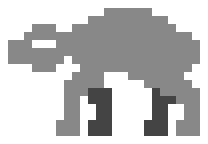

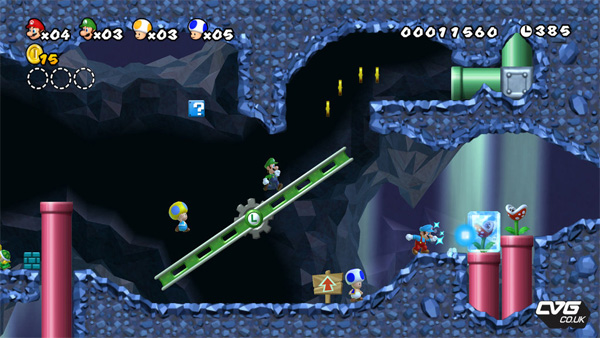



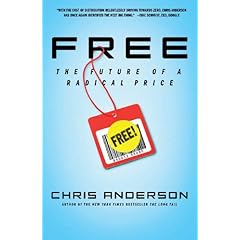





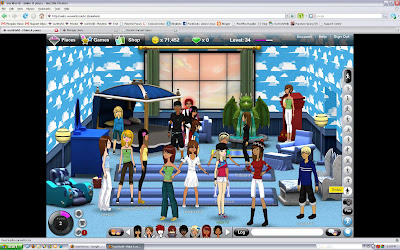




 A compilation of Cory Doctorow penned essays focusing on Copyright, DRM, and technology. Some of the older works (from 2+ years ago) are showing their age. For example, he takes shots at the failures of Amazon's Kindle (1st version) which, at least in part, ring hollow with Kindle 2's release.
A compilation of Cory Doctorow penned essays focusing on Copyright, DRM, and technology. Some of the older works (from 2+ years ago) are showing their age. For example, he takes shots at the failures of Amazon's Kindle (1st version) which, at least in part, ring hollow with Kindle 2's release.




